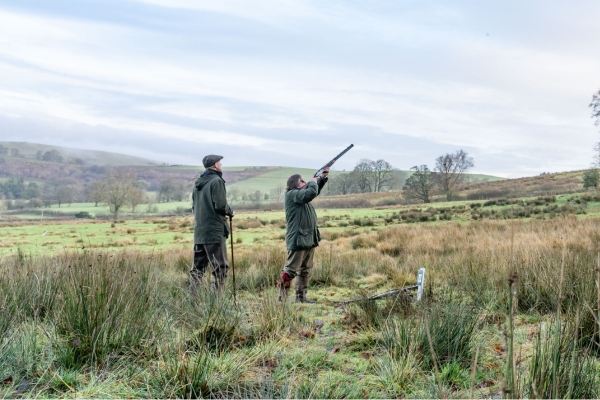
Game on! Are you ready for the pheasant season?
The 2025/26 pheasant season is finally here. BASC’s Julia Newman highlights a few things to think about for your first shoot day.
Get information on the legal shooting season for mammals and birds in the UK.
Apply for funding for your project or make a donation today
Comprehensive information and advice from our specialist firearms team.
Everything you need to know about shotgun, rifle and airgun ammunition.
Find our up-to-date information, advice and links to government resources.
Everything you need to know on firearms law and licensing.
All the latest news and advice on general licences and how they affect you.
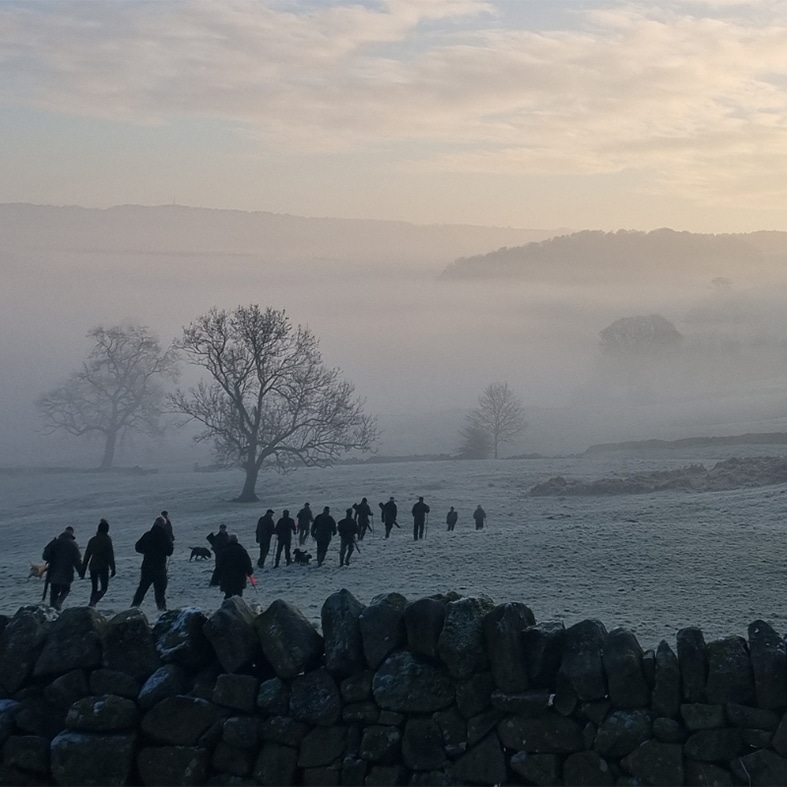

Glynn Evans looks ahead to the new pheasant season, and talks about what he’s most eagerly anticipating in prospect.
A number of lucky people will already have had their first shoot days out this season, be that on grouse, early duck or partridge. Like many others, however, mine will not get underway until the pheasant season begins on the 1 of October, or, due to it falling on Sunday this year, I will have to wait until at least the 2nd.
I particularly enjoy working my dogs, so plan to have more days out picking up than shooting this year and if it means missing a day on the regular shoot I go to, I will turn down the chance to carry my gun in favour of the dogs. I suppose this is just one aspect the joy of shooting; you don’t need to carry a gun every day to be relish the friendship and camaraderie experienced while out in the field.
Many shoots are a fundamental part of their local communities. It is here that you can observe people of all ages and different walks of life mixing together, from youngsters still at school to high-flying business people, and that just the beating team. It never ceases to surprise me how, come the season, people who will often have seen little if anything of each other over previous months, simple fall seamlessly back in together through common interests.
While I look forward to every season, this one is perhaps slightly more special than most in that my son, mad keen on all things countryside, will hopefully have his first chance to get on the end of a pheasant on the shoot some friends and I have.
His introduction to shooting has come through beating and progressively learning to shoot, with safety always paramount. He certainly won’t be standing on every drive or indeed every day, but having put in plenty of hours during the spring and summer looking after the birds and doing habitat work it should be a suitable reward. To say he is looking forward to it is an understatement.
While am very positive about the future of shooting, I think back to the opportunities I have had and I want my children to be afforded the same chances. Indeed, I hope that anyone who wishes to experience game shooting for themselves will continue to be able to do so, whether they ultimately opt in to continue for the long-term or not.
There is no doubt that there is currently pressure on shooting, despite the many associated benefits for individuals, rural communities, the economy and the environment. I think its future is very much in our hands and what we do now will shape it for the coming years, good or bad.
We face a number of threats on different fronts and BASC and other organisations will continue to fight these to the hilt. This year in particular, we have witnessed the power and importance of our members sending individual responses to public consultations to have our voices heard by politicians.
Our credibility as a sector is directly linked to our willingness to operate to the highest standards. We also must also, in the rare instances that corners look like they risk being cut, address this or call it out to those involved.
Experience goes a long way, and can be build on by the addition of sound of advice and guidance on best practice. The Code of Good Shooting Practice is essential reading for anyone involved in shooting This code, while being concise, is also thorough, and I see it very much the blueprint for sustainable shooting.
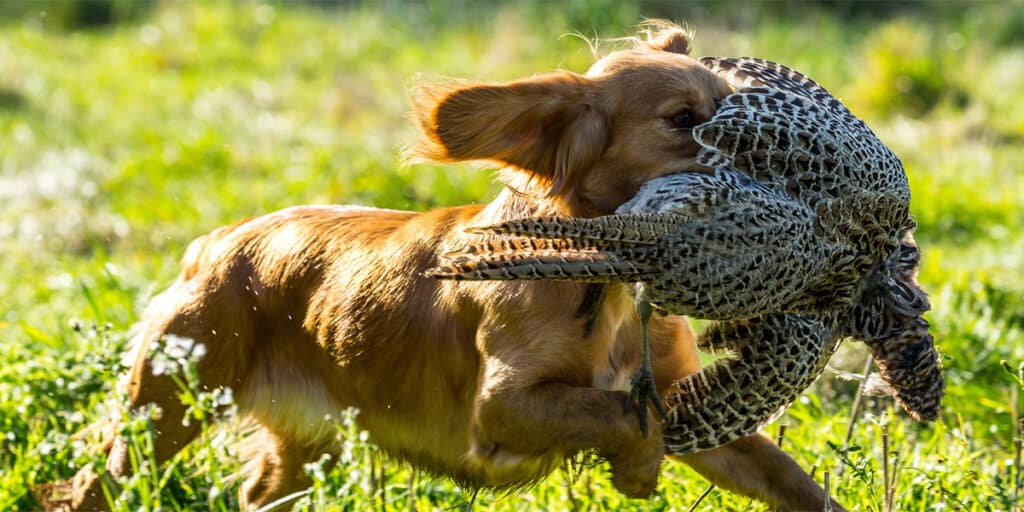
Being an ambassador for shooting is something we are able to do, and is referenced in the code. There are many easy ways we can do this, starting with basic consideration for others. Letting local householders or animal keepers (such as horses) know of when shoot dates are planned not only helps with positive outward messaging, but can help to prevent minor issues from coming to fruition.
While shooting is a perfectly legitimate activity, I have often thought of how we appear to others, such as those visiting the countryside. When a walker’s first view is a large group of people and dogs, complete with guns, a cheery wave or friendly hello and finding the time to explain what’s happening can go a long way. The same can be said if they have a less positive experience when running into a shooting party.
Finally, giving people the chance to experience the end product, game meat, is a key part of the picture. Perhaps it is a sign of the times that there are less people who wish to take a pheasant in the feather so, I will find time when preparing my own to do some for others.
Perhaps better still though this year, I will offer to show them how to prepare it, or ask them if they fancy a day out seeing what happens on a shoot? Being able to see the view of those outside looking in and inviting them to experience the ‘in’ for themselves can only be good for the future of shooting.
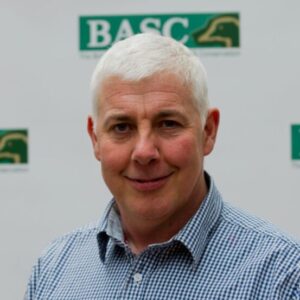

The 2025/26 pheasant season is finally here. BASC’s Julia Newman highlights a few things to think about for your first shoot day.
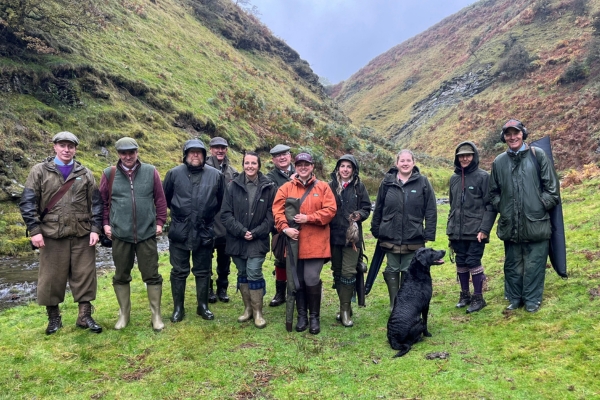
BASC Wales’s introduction to partridge shooting event offered the chance for newcomers to game shooting to experience an unforgettable day in mid Wales.
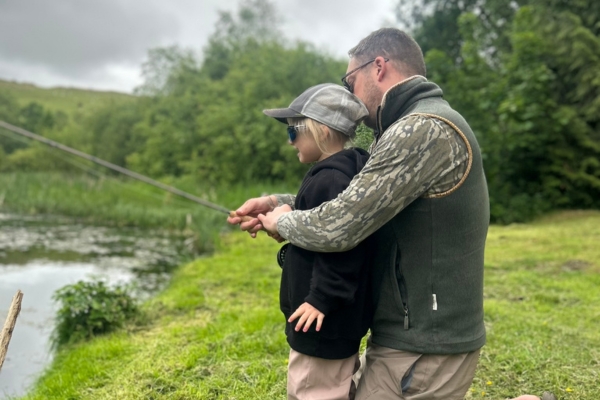
Curtis Mossop describes the joy and fulfilment he feels as a father in teaching his children about the ways of the countryside.